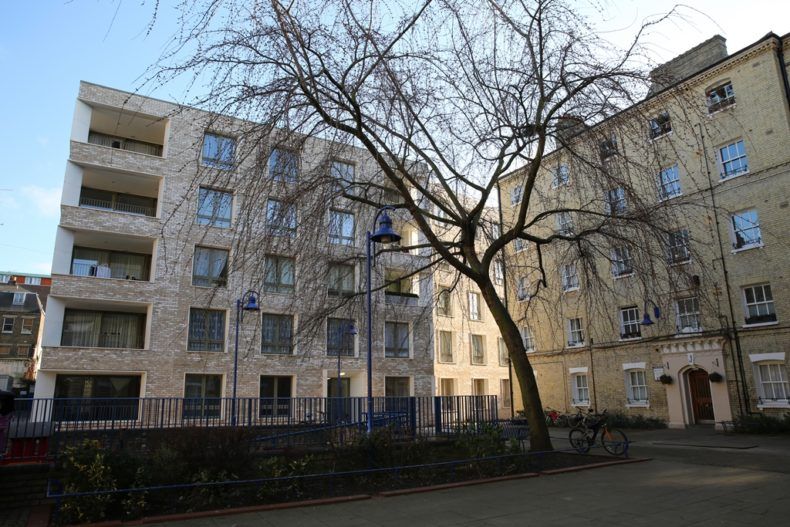Last Wednesday Peabody and the CBI launched an independent report outlining the business case for affordable housing in London. Following rigorous analysis by the respected Centre for Economic and Business Research, the headline is that social rented housing residents make a direct contribution of £15bn a year to the economy. That means that in the week since the report came out people living in London’s social housing contributed £288m to the economy. Or £41m a day if you prefer.
These are important and compelling figures, providing a new perspective on the value of affordable renting to business and the economy. Given the economic uncertainty post-Brexit, and as we now have a new government, a new administration in London, and another new housing minister, it is essential that we reinvigorate the debate about the value of sub-market rented housing in the capital.
In these circumstances there is a new opportunity to rebalance housing policy away from a pure focus on homeownership. Delivering a mixed-tenure house building programme would provide a fiscal stimulus, boost the economy, create jobs, reduce the benefit bill and tackle the acute housing shortage that London and the south-east is experiencing. I hope the new government will launch a comprehensive review of existing housing policy on this basis.
The report offers the first analysis of the value of social housing beyond bricks and mortar. It makes a compelling case for a programme of building new, genuinely affordable, sub-market homes in London:
- We currently have a one-tenure housing policy from central government. Renting has been considered anti-aspirational and in some way inferior to home ownership. It isn’t. And whilst home ownership is of course a good thing, renting is the right – and sometimes only – solution for many people.
- There is now no central government investment in rented social housing. The only social rent comes through housing associations, councils and the GLA using their own resources to invest in it.
- Housing and welfare policy are inextricably linked. The narrative of strivers vs skivers emerged in 2010 – the idea that “subsidised housing” facilitated worklessness and economic inactivity. The report conclusively demonstrates that is a myth.
- The London housing market is out of control, producing an affordability crisis for the majority of people who literally keep the city running. A salary of at least £59,000 is now needed to afford the rent on a small Inner London home – that’s almost £30,000 above the average worker’s salary.
- One of the major issues for employers in London is attracting and retaining staff at all levels. Even those earning significantly more than the average wage cannot afford to work close to their place of work. Business leaders are clear that this represents a major risk to the London and UK economy.
- Thousands of Police Officers, Paramedics and Carers live in social housing in London. But what of the proportion of those vital workers who do not benefit from a rent that is genuinely affordable? What if they are forced to relocate? Will the capital’s emergency services be able to function properly? This is an incalculable risk to the wellbeing of London’s citizens.
- £15bn per year is the direct economic contribution of social housing residents, but their overall social and economic contribution goes far beyond this. If current trends continue, the lack of affordable housing will undermine London’s ability to function.
I urge everyone to read the report.
So, what next? I hope we will see that in new circumstances come new opportunities. I believe there is a real opportunity now for all levels of government to work with housing associations and others to prevent real social and economic problems in the future.
These are economically uncertain times, but two things are certain – first, that the more social rented housing there is in high-value areas, the better our society and economy will function. And secondly, that Housing Associations have the strength, capacity and expertise to be partners with government in delivering this important change.

New social housing in Whitechapel, London


